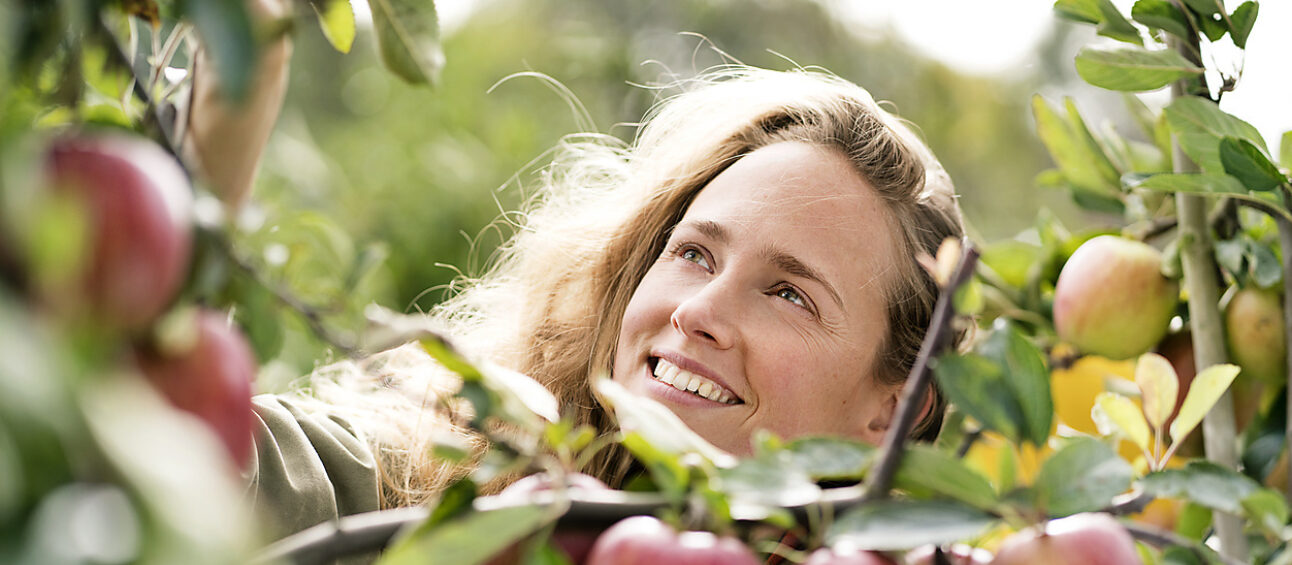Traditional agricultural activity is indispensable to the Belgian economy. To support this sector, the Flemish government established crop insurance in 2020. It offers financial protection for crops when they are affected by drought, rain, storms, frost, ice and hail, etc. Such weather phenomena can have a significant impact on crop yields, especially in the long term.
Three years after it was launched, almost half of Flemish fruit growers have taken out crop insurance. Previously they would take out the conventional hail insurance, therefore they remain convinced of the importance of insurance cover against weather phenomena.
Not only agricultural and horticultural producers, but also businesses that process agricultural produce such as cereals or potatoes are increasingly finding their way to an insurance solution. Veerle Geudens: “For them, the focus is not so much on the harvest, but on the inflow and especially the quality of the produce. Does your firm process agricultural produce from Flanders or from other parts of the world into beer, French fries or animal feed? If the inflow decreases or the quality drops due to bad harvests, it can put pressure on the continuity of your business.”
Today, in order to meet the predetermined quality requirements, a quality guarantee is already included in crop insurance for certain crops. This is the case with flax, for example, a crop often processed in the textile and automotive industries.
A company’s supply chain is usually very complex because of the number of parties the company works with. From commodity suppliers to logistics partners and traders, each with their own activities and risks. Veerle Geudens: “As a business, you can take out all kinds of insurance to protect yourself against own damage and any damage to third parties, but insurance against weather risks is sometimes still unknown. However, we see more and more businesses guaranteeing part of the inflow from agricultural fields under their own management. Crop insurance helps those businesses minimise the financial impact of weather conditions on their operations.”
For years, the Flemish Disaster Fund guaranteed collective protection of the crops of farmers and horticulturists in the event of a recognised natural disaster. Coverage from that fund is gradually being phased out over several years and will be replaced in 2026 by crop insurance to be taken out on an individual basis. Veerle Geudens: “There is a growing awareness that insuring agricultural produce and fields in the changing climate is more and more a must. Businesses can choose to insure their own agricultural fields or support their farmers through insurance, just as cooperatives and professional associations can.”
The premium for crop insurance varies depending on the crop, size, field location and insurance cover chosen. Example: a farm in the Kempen region that wants to insure 50 hectares of corn pays about 8,000 euros per year for this and has a deductible of 20%. Is the field in Flanders self-managed? If so, a government subsidy may be granted. In 2020, the subsidy was still 65%.


